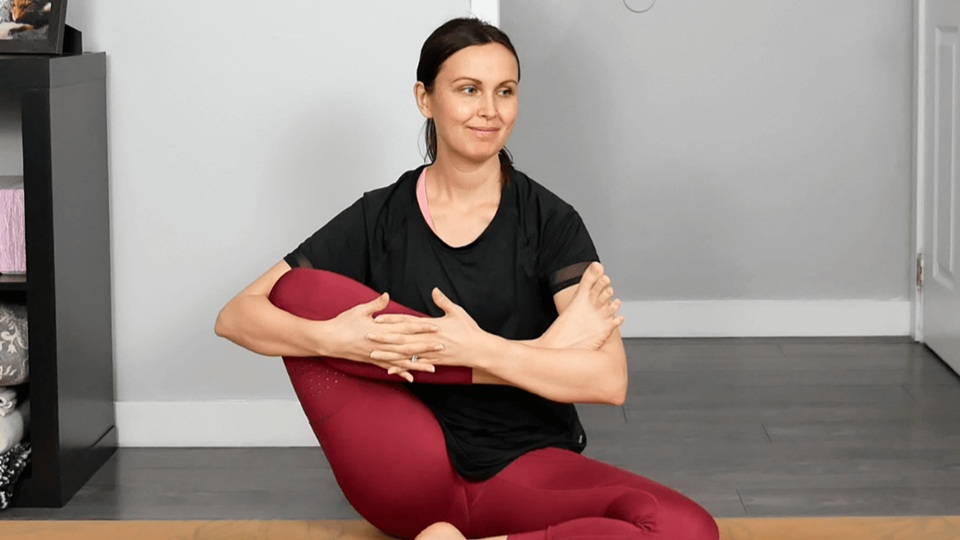Have you ever noticed a feeling of tightness or discomfort in your hips, especially after a stressful day or intense emotional experience? This might surprise you, but your hips are one of the body’s major “emotional storage units.” Yes, stress, worry, or even past traumas can sneakily settle in your hip area, leaving it tight and sore.
Why do Your Hips Hold Stress?
Before we dig into how to ease hip tension, it’s helpful to understand why this area is prone to storing stress.
The Body’s Stress Response
When you’re under stress, your body activates the fight-or-flight system. This response often causes the hip flexor muscles (your psoas) to contract to prepare for action, even if you’re sitting at a desk all day. Chronic stress keeps those muscles in a shortened, tightened state.
The Emotional Link
Beyond physical stress, hips are often considered a “storage center” for your emotions. Many yoga and bodywork traditions teach that the hips hold unresolved emotions like fear, frustration, and sadness. Whether or not you fully subscribe to that idea, many people report emotional release after stretching or working on this area.
Physical Repetition
Sitting for long periods or repetitive motion (like running) can also contribute to tight hips. Add stress and emotional strain to the mix, and it’s no wonder this part of your body starts to feel like it’s holding the weight of the world.
The Effects of Tight Hips

The tension in your hips isn’t just about an annoying ache; holding tightness here can ripple outward and affect other aspects of your wellbeing.
Physical Symptoms
Tight hips can lead to lower back pain, improper posture, and even knee problems. Your hips are the central connection point for much of your body, so when they’re not functioning well, the effects can spread.
Reduced Mobility
Stiff hips can make daily activities like walking, bending, and climbing stairs feel challenging. Over time, this lack of mobility can reduce strength and flexibility elsewhere.
Mental and Emotional Impact
Carrying tension in your hips may mirror emotional heaviness. Some people even find that stretching this muscle group brings about a strong emotional response, like crying or deep relief, as stress releases.
How to Release Stress from Your Hips?
Releasing stress from your hips doesn’t require any major effort. Simple, targeted techniques can work wonders to help you loosen up and feel more at ease.
1. Stretch it Out
Stretching is one of the best ways to target hip tension. Try these moves:
- Pigeon Pose (Yoga): This deep stretch opens the hip flexors and encourages relaxation.
- Butterfly Stretch: Sitting on the floor, bring the soles of your feet together and gently press your knees downward to release inner hip tension.
2. Breathe Into It
Combine deep breathing exercises with your stretching routine. Controlled breathing helps your muscles relax and amplifies the stress-relief process.
3. Movement Matters
Regular movement prevents further tightness. Activities like yoga, walking, or light dancing are fantastic ways to maintain hip flexibility.
4. Foam Rolling
Use a foam roller to target the hip flexors and glutes. Rolling out these areas massages them, promoting muscle release.
5. Seek Professional Help
If tight hips persist, consider seeing a physical therapist, massage therapist, or instructor trained in somatic movement. Specialized care can approach both the physical and emotional causes of your tension.
Conclusion
Your hips do more than you realize, from supporting daily movement to quietly coping with stress and emotions. But they shouldn’t have to carry the burden alone. By giving them the attention they deserve, you can help your hips feel looser, lighter, and stress-free.






